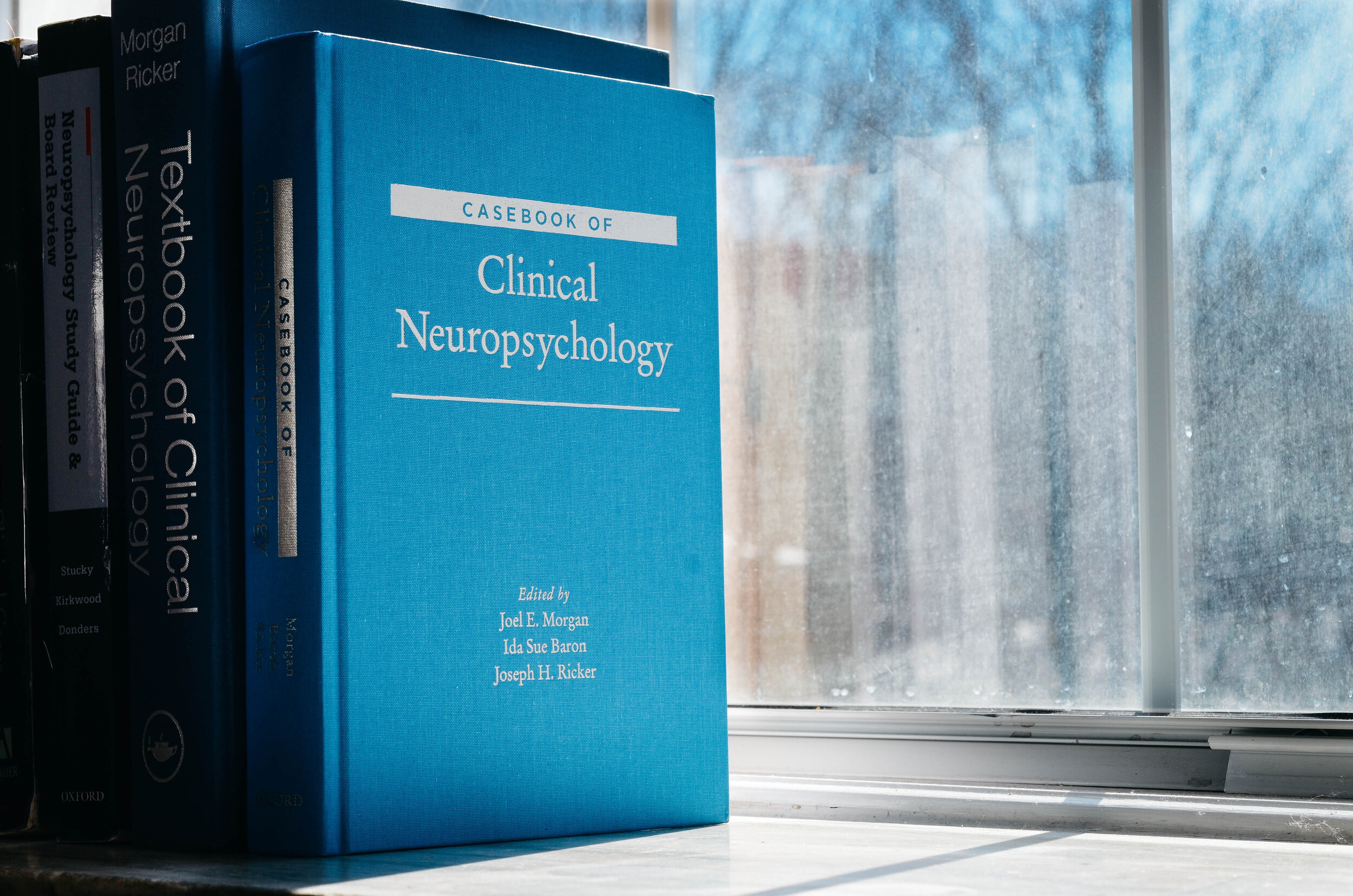Assessment/Evaluation
Pre-assessment Interview
Parents and teachers meet with one of our clinician to discuss the assessment, sharing background information and concerns, before taking away forms to complete, to provide insights into the child’s functioning in a variety of settings.
Testing
Conducted over a minimum of three to four hours of one-to-one test administration, these are all fun, interactive and positive. Sometimes the evaluation can take longer.
Team Conference
Members of the assessment team discuss their impressions and the testing results, drawing on everyone’s areas of expertise, and utilizing our wider team of clinicians if necessary, to provide a comprehensive assessment.
The Report
Our reports provide a comprehensive picture of the child at the time of the assessment, including background information, observations from parents and teachers, specific test results, summary and conclusions, and recommendations for home and for school.
Debriefing
At our debriefing, the session may be with parents only or involve both parents and child. This is a choice that you can make before our feedback session. We will meet to present and explain the results in positive terms, with an emphasis on strengths. Parents will be provided with a full evaluation report plan for the child, including strategies to address problem areas, as well as how to continue to support areas of strength.
Support
Our therapists are trained to provide psychotherapy service to help each child reach their full potential. Through one-on-one therapy and shared online resources, our therapists are in place to help children manage emotional and behavioral issues, build social skills and resilience, and plan and work effectively at home and at school.







